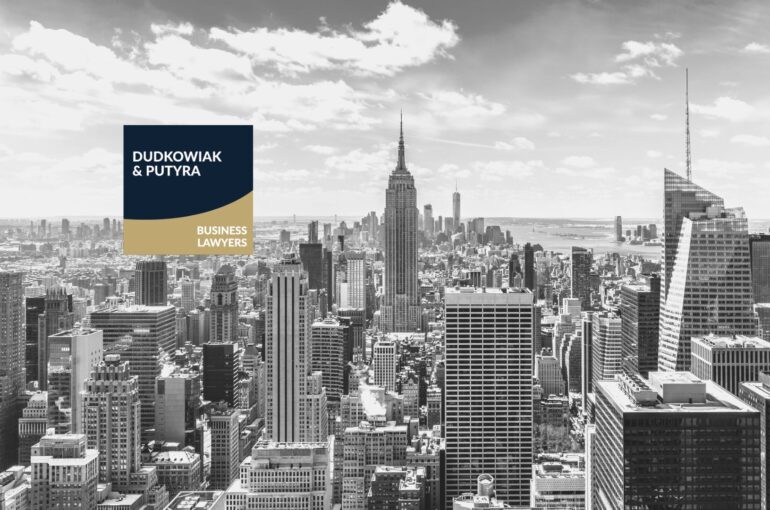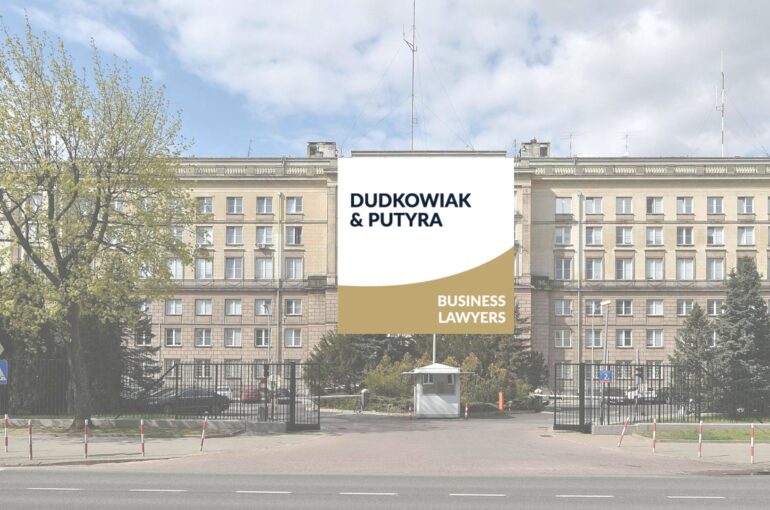Testing employees with a breathalyzer prohibited in the opinion of the Office for Personal Data Protection
Pointing to the lack of the legal possibility of self-examination of employees for the alcohol content in breath by employers, the Office for Personal Data Protection (hereinafter referred to as: UODO) explained that the recently added Art. 221b of Labor Code specifies that the so-called data of specific categories, including health, may be processed by an employer when an employee or a candidate for work agrees and provides such data on his own initiative. According to UODO, knowing whether someone is intoxicated is information about health. At the same time, the Office pointed out that this provision does not concern at all the issue of testing for the alcohol content in the body, which is regulated in art. 17 of the Act of October 26, 1982 on upbringing in sobriety and counteracting alcoholism. The legality of such examination consists, in accordance with the said provision, of two conditions:
- the examination takes place at the request of the head of the workplace, a person authorized by him or an employee, who is reasonably suspected of drinking alcohol at work or being exposed to it after using alcohol;
- the examination of the sobriety of the employee is carried out by an authorized body appointed to protect public order (e.g. the police), and the blood collection procedure is performed by a person with appropriate professional qualifications, which is to ensure the credibility of the test result.
Importantly, in the opinion of the UODO, there is no other legal basis that would allow employers to independently control employees with a breathalyzer. In particular, such a possibility cannot be seen in art. 223 § 4 of Labor Code which regulates acceptable forms of employee monitoring, in the general rule requiring the assurance of safe or hygienic working conditions for all employees, nor in the premise of the so-called „legitimate interest of the employer”.
So how should you proceed if you suspect that an employee may be under the influence of alcohol? First of all, the justifiable suspicion that an employee breached the obligation of sobriety allows the employer to prevent or remove an employee from work. In the opinion of the UODO, it is not necessary to call the police in such a situation. However, if the employee claims that he / she is not under the influence of alcohol, then the employer or the employee himself may request a medical examination and for this purpose it is necessary to call the Police or other body responsible for law enforcement.
What should you remember? If we do not allow (postpone) an employee from work and take further consequences in the form of imposing on the employee a penalty or termination of employment (with or without notice), and we do not decide to call the police to conduct a study, you must secure any evidence that indicates an infringement of the sobriety obligation by an employee. These can be, for example, monitoring footage on which you can see uncoordinated movements or the worker’s shaky gait or written notes made by other employees indicating the perceptible alcohol from the employee’s mouth, his strange behavior, etc. Otherwise, if an employee appeals to the labor court, the employer will have a problem to prove the legality of his decision.
After many contradictory comments and opinions on the legality of the study of the sobriety of employees with the popular „breathalyzers”, UODO took a clear position on the matter, which puts the employee’s individual interest and the protection of his personal data over the employees’ interest, including data on the state of sobriety as a state of health. When asked about specific industries or occupations, where the possibility of employers to conduct sobriety tests on their own, including random research, is particularly justified for security reasons, UODO refers to the employers themselves, encumbering them with the burden of initiating the legislative change process.


